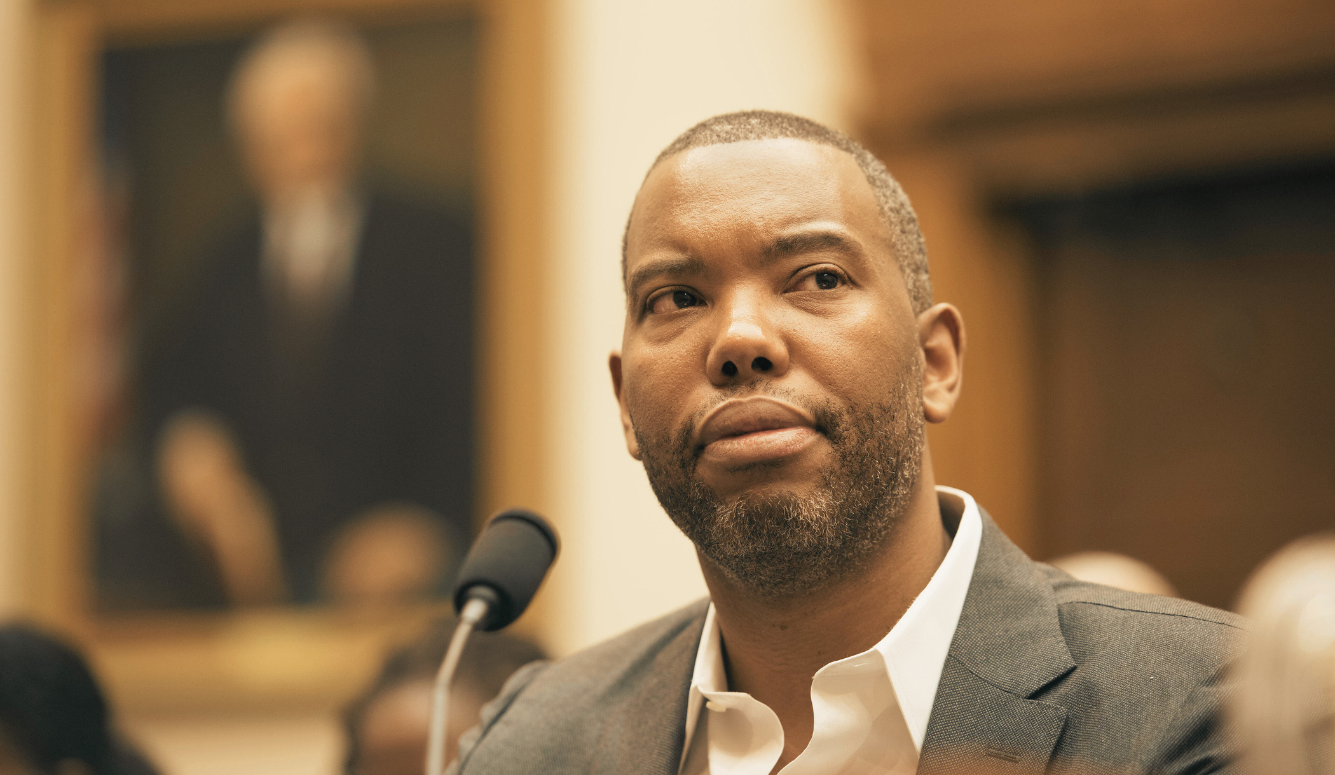Top Stories
Reparations and Ta-Nehisi Coates's Pyrrhic Victory
At bottom, the reparations debate is a debate about the relationship between history and ethics, between the past and the Good.

In 2014, Ta-Nehisi Coates was catapulted to intellectual stardom by a lengthy Atlantic polemic entitled “The Case for Reparations.” The essay was an impassioned plea for Americans to grapple with the role of slavery, Jim Crow, and redlining in the creation of the wealth gap between blacks and whites, and it provoked a wide range of reactions. Some left-wing commentators swallowed Coates’s thesis whole, while others agreed in theory but objected that reparations are not a practical answer to legitimate grievances. The Right, for the most part, rejected the case both in theory and practice.
Although the piece polarized opinion, one fact was universally agreed upon: reparations would not be entering mainstream politics anytime soon. According to Coates’s critics, there was no way that a policy so unethical and so unpopular would gain traction. According to his fans, it was not the ethics of the policy but rather the complacency of whites—specifically, their stubborn refusal to acknowledge historical racism—that prevented reparations from receiving the consideration it merited. Coates himself, as recently as 2017, lamented that the idea of reparations was “roundly dismissed as crazy” and “remained far outside the borders of American politics.”
In the past month, we’ve all been proven wrong. Senators Elizabeth Warren and Kamala Harris have both endorsed the idea, and House speaker Nancy Pelosi has voiced support for proposals to study the effects of historical racism and suggest ways to compensate the descendants of slaves. These people are not on the margins of American politics. Most polls have Harris and Warren sitting in third and fourth place, respectively, in the race for the 2020 Democratic presidential nomination, and Pelosi is two heart attacks away from the presidency.





